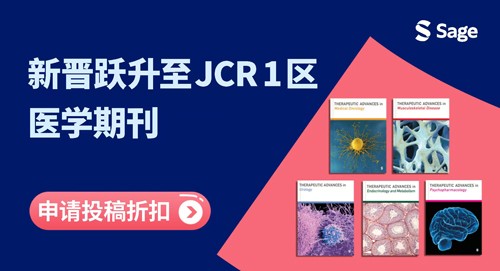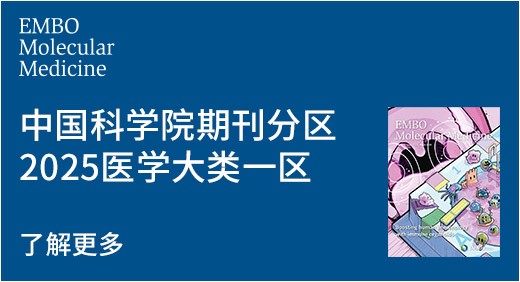当前位置:
X-MOL 学术
›
Language, Speech, and Hearing Services in Schools
›
论文详情
Our official English website, www.x-mol.net, welcomes your
feedback! (Note: you will need to create a separate account there.)
Correlation Between Emergent Literacy Skills and Reading Abilities in Young Autistic Children: A Meta-Analysis.
Language, Speech, and Hearing Services in Schools ( IF 2.9 ) Pub Date : 2025-06-20 , DOI: 10.1044/2025_lshss-24-00108 Kendall Willems 1 , Susan J. Loveall 1 , J. Marc Goodrich 2 , Danika Lang 1
Language, Speech, and Hearing Services in Schools ( IF 2.9 ) Pub Date : 2025-06-20 , DOI: 10.1044/2025_lshss-24-00108 Kendall Willems 1 , Susan J. Loveall 1 , J. Marc Goodrich 2 , Danika Lang 1
Affiliation
PURPOSE
Autistic individuals often exhibit poorer emergent literacy skills (e.g., phonological awareness, print knowledge, oral language) relative to their non-autistic peers. Although emergent literacy skills are known to impact future reading success in typical development, their relationship with word recognition and reading comprehension in autistic children remains unclear. The purpose of this meta-analysis was to identify the correlation between emergent literacy skills and reading abilities (i.e., word recognition and reading comprehension) in young autistic children.
METHOD
Fourteen correlational studies, including 837 autistic children ranging in age from 28 to 109 months, met the inclusion criteria. Robust variance estimation was used to compute an average weighted effect size, and possible moderator variables were also explored.
RESULTS
Results indicated a significant, positive correlation between emergent literacy skills and reading abilities. Moderator analyses indicated that the correlations between emergent literacy and reading ability did not differ based on the type of reading ability (i.e., word recognition vs. reading comprehension) or emergent literacy skill (i.e., code- vs. meaning-based skills). However, IQ was a marginally significant moderator, and the relation between emergent literacy and reading ability was stronger in studies with participants with lower average IQ scores.
CONCLUSIONS
These findings have important implications for research and practice for young autistic children. There is a need for educators and other practitioners to (a) assess emergent literacy skills in early childhood to better identify autistic children who are at risk for reading difficulties and (b) actively promote and teach emergent literacy skills in young autistic children, as these skills are related to more advanced reading abilities.
SUPPLEMENTAL MATERIAL
https://doi.org/10.23641/asha.29231057.
中文翻译:

幼儿自闭症儿童新兴识字技能与阅读能力之间的相关性:荟萃分析。
目的 相对于非自闭症同龄人,自闭症个体通常表现出较差的紧急识字技能(例如,语音意识、印刷知识、口语)。尽管已知新兴识字技能会影响典型发展中未来的阅读成功,但它们与自闭症儿童单词识别和阅读理解的关系仍不清楚。这项荟萃分析的目的是确定自闭症儿童的新兴识字技能与阅读能力(即单词识别和阅读理解)之间的相关性。方法 14 项相关研究,包括 837 名年龄在 28 至 109 个月之间的自闭症儿童,符合纳入标准。稳健方差估计用于计算平均加权效应大小,并且还探讨了可能的调节变量。结果 结果表明,新兴识字技能和阅读能力之间存在显著的正相关关系。主持人分析表明,新兴读写能力与阅读能力之间的相关性不因阅读能力的类型(即单词识别与阅读理解)或新兴读写技能(即代码与基于意义的技能)而异。然而,智商是一个边际显著的调节因素,在平均智商分数较低的参与者的研究中,新兴读写能力与阅读能力之间的关系更强。结论 这些发现对幼儿自闭症儿童的研究和实践具有重要意义。 教育工作者和其他从业者需要 (a) 评估幼儿期的新兴识字技能,以更好地识别有阅读困难风险的自闭症儿童,以及 (b) 积极推广和教授幼儿的新兴识字技能,因为这些技能与更高级的阅读能力有关。补充材料 https://doi.org/10.23641/asha.29231057。
更新日期:2025-06-20
中文翻译:

幼儿自闭症儿童新兴识字技能与阅读能力之间的相关性:荟萃分析。
目的 相对于非自闭症同龄人,自闭症个体通常表现出较差的紧急识字技能(例如,语音意识、印刷知识、口语)。尽管已知新兴识字技能会影响典型发展中未来的阅读成功,但它们与自闭症儿童单词识别和阅读理解的关系仍不清楚。这项荟萃分析的目的是确定自闭症儿童的新兴识字技能与阅读能力(即单词识别和阅读理解)之间的相关性。方法 14 项相关研究,包括 837 名年龄在 28 至 109 个月之间的自闭症儿童,符合纳入标准。稳健方差估计用于计算平均加权效应大小,并且还探讨了可能的调节变量。结果 结果表明,新兴识字技能和阅读能力之间存在显著的正相关关系。主持人分析表明,新兴读写能力与阅读能力之间的相关性不因阅读能力的类型(即单词识别与阅读理解)或新兴读写技能(即代码与基于意义的技能)而异。然而,智商是一个边际显著的调节因素,在平均智商分数较低的参与者的研究中,新兴读写能力与阅读能力之间的关系更强。结论 这些发现对幼儿自闭症儿童的研究和实践具有重要意义。 教育工作者和其他从业者需要 (a) 评估幼儿期的新兴识字技能,以更好地识别有阅读困难风险的自闭症儿童,以及 (b) 积极推广和教授幼儿的新兴识字技能,因为这些技能与更高级的阅读能力有关。补充材料 https://doi.org/10.23641/asha.29231057。






























































 京公网安备 11010802027423号
京公网安备 11010802027423号